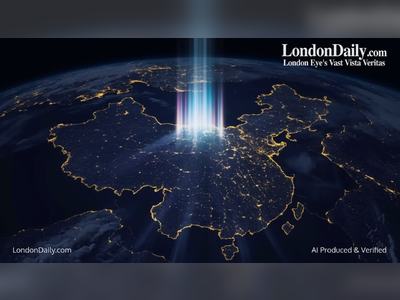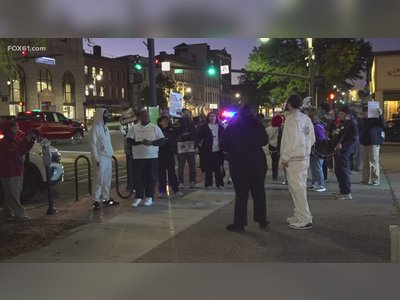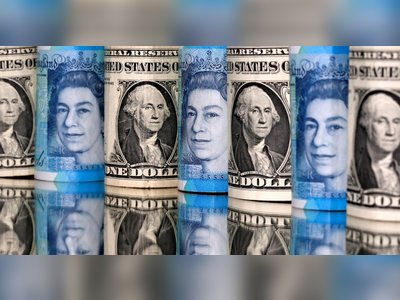U.S. Chamber Sues Trump Over $100,000 H-1B Visa Fee
Major business lobby challenges sweeping executive action as too costly and beyond presidential power
The U.S. Chamber of Commerce has filed a federal lawsuit seeking to block the Trump administration’s newly announced $100,000 fee on new H-1B visa petitions, arguing it exceeds executive authority, violates existing immigration law, and would sharply burden American businesses.
The complaint names the Department of Homeland Security, the State Department, and their secretaries as defendants.
According to the Chamber, the fee was introduced via a presidential proclamation on September 19, 2025, and went into effect September 21.
It applies only to new H-1B petitions and excludes renewals and existing visa holders.
The group contends the fee functions as an unauthorized tax, diverging from the Immigration and Nationality Act, which stipulates that visa-related charges must reflect administrative costs and not act as a revenue lever.
In its filing, the Chamber warns that as many as 300,000 member companies may be forced into a stark choice: absorb vastly higher labor expenses or curtail hiring—especially in sectors that rely on foreign talent to fill highly specialized roles.
The lawsuit asserts the fee will “inflict significant harm” on U.S. businesses that depend on H-1B workers to maintain innovation, competitiveness, and growth.
The new fee has already provoked broader legal resistance.
Earlier lawsuits have been lodged by a coalition of universities, medical providers, religious organizations, and unions, alleging that the proclamation was issued abruptly, without public input, and would disrupt critical services such as healthcare and education.
Supporters of the Trump administration’s policy argue that the fee addresses systemic overreliance on foreign labor, protects American wage standards, and encourages firms to recruit domestically first.
But the business community views the change as overreaching and destabilising for industries already grappling with talent shortfalls.
The court’s eventual ruling will test whether a president may unilaterally impose sweeping visa fees far beyond traditional administrative charges.
As litigation moves forward, the outcome may determine whether this policy survives judicial scrutiny or is overturned before the 2026 H-1B filing season.
The complaint names the Department of Homeland Security, the State Department, and their secretaries as defendants.
According to the Chamber, the fee was introduced via a presidential proclamation on September 19, 2025, and went into effect September 21.
It applies only to new H-1B petitions and excludes renewals and existing visa holders.
The group contends the fee functions as an unauthorized tax, diverging from the Immigration and Nationality Act, which stipulates that visa-related charges must reflect administrative costs and not act as a revenue lever.
In its filing, the Chamber warns that as many as 300,000 member companies may be forced into a stark choice: absorb vastly higher labor expenses or curtail hiring—especially in sectors that rely on foreign talent to fill highly specialized roles.
The lawsuit asserts the fee will “inflict significant harm” on U.S. businesses that depend on H-1B workers to maintain innovation, competitiveness, and growth.
The new fee has already provoked broader legal resistance.
Earlier lawsuits have been lodged by a coalition of universities, medical providers, religious organizations, and unions, alleging that the proclamation was issued abruptly, without public input, and would disrupt critical services such as healthcare and education.
Supporters of the Trump administration’s policy argue that the fee addresses systemic overreliance on foreign labor, protects American wage standards, and encourages firms to recruit domestically first.
But the business community views the change as overreaching and destabilising for industries already grappling with talent shortfalls.
The court’s eventual ruling will test whether a president may unilaterally impose sweeping visa fees far beyond traditional administrative charges.
As litigation moves forward, the outcome may determine whether this policy survives judicial scrutiny or is overturned before the 2026 H-1B filing season.









